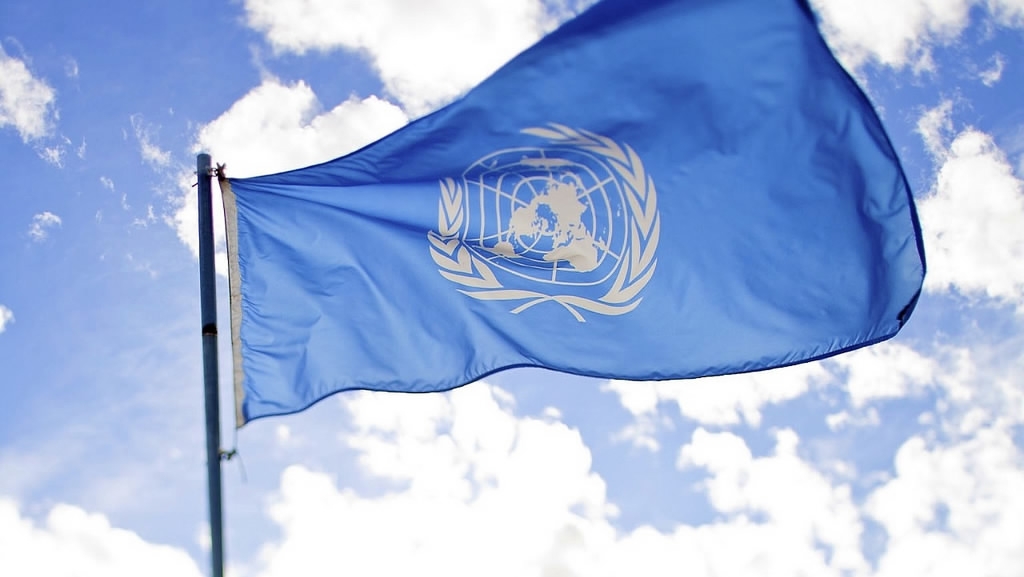
Business
20:03, 15-Sep-2017
UN calls for global economic makeover to replace neo-liberalism
CGTN

The global economy appears stuck on its way to recovery, according to a United Nations Conference on Trade and Development (UNCTAD) report released Thursday, which urges an end to global austerity.
Launching the report, UNCTAD Secretary-General Mukhisa Kituyi said, "A combination of too much debt and too little demand at the global level has hampered sustained expansion of the world economy."
Much of the blame was aimed at "neo-liberalism," a term used to refer to governments cutting back on their own role and leaving the private sector to lead economic and social development within a free-market capitalist system. After decades of such policies, the system was perceived to be unduly biased in favor of a handful of large corporations, financial institutions and wealthy individuals, the report said.
The world now needed a "21st century makeover," it said. "The whole neo-liberal mantra that 'there is no alternative' has begun to fall apart," Richard Kozul-Wright, UNCTAD's globalization director, said in a news conference. "There are plenty of alternatives out there and they are urgently needed given the kind of economic and social imbalances that we are currently facing.”
He said central bank chiefs such as Mark Carney in Britain and Janet Yelland in the United States seemed to think they had solved the crisis and blamed any continuing risks on China.
But the global system was still serving narrow interests, and the change that was needed went beyond simply "tinkering with education or credit for poor people or... putting the word 'inclusive' in front of every possible economic process you can imagine and believing you’ve solved the problem.”
"We need a global 'New Deal,'" he said, referring to the policies that revived the depressed US economy in the 1930s. The aim should be to end fiscal austerity, imposed in 13 out of 14 leading advanced economies between 2011 and 2015, and prioritize reflation, full employment and decent jobs, rather than tackling inflation and cutting government debt.
"It needs a serious regulation of corporate abuse in both the financial and the corporate sector and it requires serious redistributionary measures – both fiscal and more innovative measures,” he said.
Unregulated finance remains at the heart of today's "hyper-globalized world," and the failure to tame it and address the deep-seated inequalities it has generated threatens efforts to build inclusive economies, the UN report said. It stresses that, despite talk of the urgency of reform at the time of the financial crisis, and recent claims that the financial system is safer, simpler and fairer, regulatory actions have so far done little.
Source(s): Reuters
,Xinhua News Agency

SITEMAP
Copyright © 2018 CGTN. Beijing ICP prepared NO.16065310-3
Copyright © 2018 CGTN. Beijing ICP prepared NO.16065310-3